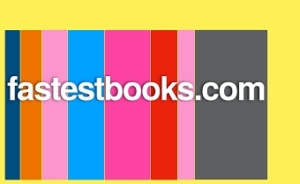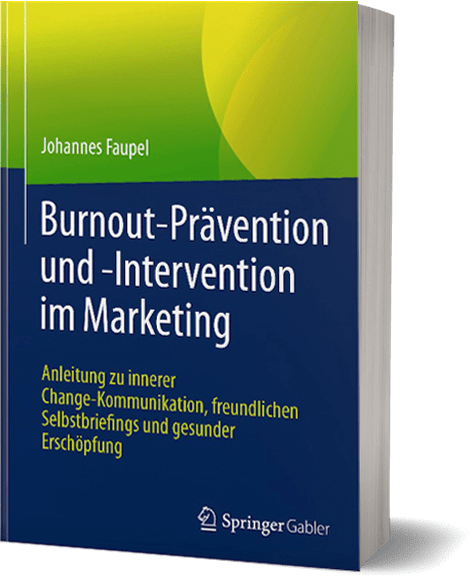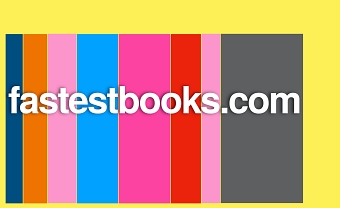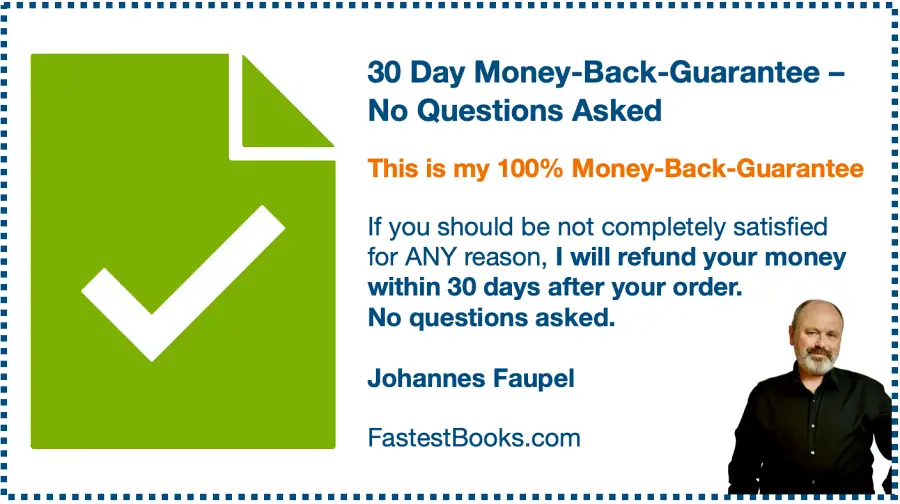What makes a self-help book good?
A good self-help book gives the reader easy and fast access to understanding the context of the problem he wants to solve. It offers the reader a choice of steps to change small details of his situation in order to see how the small changes may impact the entire situation. In this article, you get advice to find publications from the self-help genre that really target a reader and his desire to change.
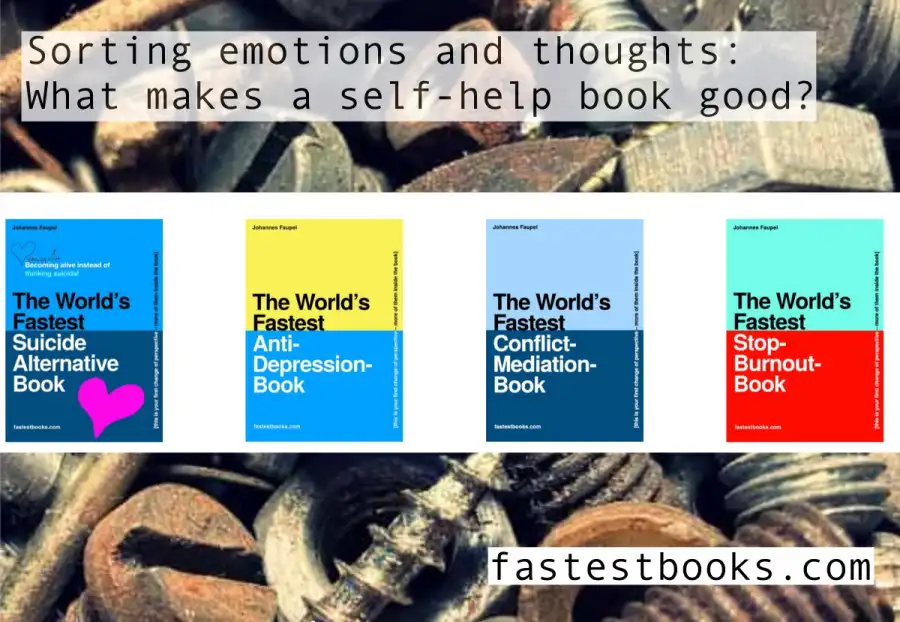
Certain criteria about good self-help literature
>> A good self-help book gives quick access to small and easy first steps.
Can you get therapy from a book?
You cannot get a common psychotherapy from a book. But you can learn to expand your point of view from your unique angle “It seems to be to difficult” to a broader approach of finding a positive way to the desired change. So, you can get certain effects of a therapy when the self help writers are experienced in the topics they write about.
Should a good self-help book offer an action plan?
Yes, an action plan gives the reader a strategy for using exercises and strategies over a given period of time to develop new habits.
What is the core quality of a self-help book?
The core quality of a good book on self-help is to be honest with the reader: There is no way of just reading and liking self-help literature or watching self-help videos. It is a false belief that the pure understanding will lead to changes. Change does not “happen” – it comes through repetition.
>> So, a good self-help book embodies key characteristics that stem from the principles of self-discipline and action.
How can readers ensure that there is an evidence in the content of a self-help book?
Every good self-help book is grounded in research and evidence-based practices. In the topic of mental wellbeing, there has to be a connection to evidence-based studies about the brain and about behavior patterns, as an example. The recommended strategies have to have a solid foundation in psychological theory and empirical studies.
What tone of voice should a good self-help book have?
An empathetic and encouraging tone may help the reader to motivate himself. Nevertheless, it is also to be grounded and realistic. The tone should be accessible and inclusive, avoiding jargon to ensure the content is understandable to a broad audience. It should empower readers, fostering the deep belief in their own ability to effect change while providing realistic expectations about the process of personal growth. So, instead of “everything is easy possible” (what no one should believe) the tone of voice has to be serious and confident: “As you reap so shall you sow”.
Should a good self-help book mention only the good sides of change?
No, a good self-help book has to be realistic. That means, so-called setbacks on the way to improvement have to be mentioned as normal for every successful person. The reader who finds a realistic overview like “fail and repeat and stay friendly to yourself” will be much more motivated to begin with the strategy and going on whilst there are failures on the way.
How theoretically should self-help advices be?
Not at all. The book on self-help has to be a tool that works without any deep instruction. It has to focus on “do the first step right now and see what happens in the afternoon and tomorrow. Then, repeat and become better. it should offer practical, actionable advice that readers can apply to their lives.
The main messages of a good self-help book
A good self-help book conveys truth through simple, actionable steps.
- It assures the reader that experiencing difficulties with topic XYZ is normal and acceptable.
- The reader finds “Congratulations on recognizing that there’s something worthwhile to change” in the book.
- Applied self-help needs the practice of endless self-patience during the change process.
The best self-help book invites readers to treat themselves with empathy. It helps them acknowledge their actual self-limitations and encourages them to recognize and utilize their own capacity for change, fostering a sense of self-efficacy.
More information about self-help books and practical advice
Do self-help books really help?
Under certain circumstances, self-help books do help. The question is if the reader is willing to use the potential of a book by doing work and transform the insights to actionable steps. Read more abut self improvement and the important thing to keep in mind on the way from a specific problem to new personal experiences. Do self-help-books really help?
What are the most popular self-help topics?
The main topics searched on Google are about Handle stress, Stop a panic attack, Focus with ADHD, Cure depression, Personal development, Heal OCD, Influence people, Developing self-confidence, Personal growth, Personal experience, Making more money,
Requirements for writing self help books?
Writing valuable self-help books requires personal expertise in the specific area, deep understanding of the target audience and their expectations and needs for a solution. And, last but not least: the willingness to work as long as possible on complex ideas in order to find words that come immediately on point.
Do anxiety self-help books work?
Depending on the kind of anxiety, self-help books on coping with anxiety can be helpful. It depends of, if we talk about panic attacks after a traumatic experience or a practical guidance how to overcome anxiety in certain social situations. Read more about when do anxiety self-help books work here. Self help titles like “How to get rid of anxiety” are misleading.
Does reading make you feel less alone?
Reading about topics like “how to win friends” can provide you with some advice how to invite new persons into your life. Though, the pure knowledge or hope to meet someone will not make you feel less alone. You have to leave your place and write your own stories in your world. If you expand the radius of you life, you increase the chance of
Can everybody start writing self help books?
Yes, everybody can sit down and write the first chapter of a book. Before that, one should consider how to target reader by addressing his search for an answer. The fact a Life Coach has satisfied clients is no guarantee of good writing.
What is another name for self-help books?
Self-help books are also known as “self-improvement books,” “personal development books,” or “self-care books.” There is a wide range of publications that claim to help people improve their lives with words.
What are most self-help books missing?
Many books are missing an overlook of the complexity of the systems in which problems exist. From a systemic point of view, issues are seen as part of broader patterns and dynamics within an individual’s network of relationships. There are more books out there that define struggling or dealing with an issue as a wrong way of thinking. In reality, the view on family, work, and social systems will open the mind for change. Read more about finding the missing links.
What is the five finger rule?
The five finger rule is a simple method often to help select books at an appropriate reading level. If you open a book on a random page and find 5 or more words you don’t know and without further explanation, you might hold a rather scientific or complicated written book in your hand.
When is it too late to start reading books?
It is never too late to start reading books. Reading can be a beneficial and enriching habit. If someone longs for rest and peace in their life and finds a self-help book that addresses their wishes, they are likely to see results soon.
Who buys the most self-help books?
“gitnux.org” writes in “Must-Know Self Help Industry Statistics” that the primary audience for self-help books predominantly consists of women and African Americans. They represent the majority of readers and the highest percentage of purchasers within this genre.
How long should self-help books be?
This is a funny question. You could also ask: How many minutes should a solution talk last? The shorter a self-help book is, the earlier the readers can step into action.
How many pages do billionaires read a day?
According to the INSPiRE LIBRARY – TON DUC THANG UNIVERSITY, Warren Buffet spends about 5 to 6 hours a day reading at least 5 newspapers and also read financial documents every single day.
When did self-help books become popular?
Self-help books rose to cultural prominence in the 1960s, garnering attention and varying opinions from both supporters and skeptics of the self-improvement genre. This era marked a significant surge in the genre’s popularity, with many considering the purchase of these books as a form of self-education.
What are the 3 most sold self-help books ever written?
- “How to Win Friends and Influence People” by Dale Carnegie
- “Think and Grow Rich” by Napoleon Hill.
- “The 7 Habits of Highly Effective People” by Stephen R. Covey
What self-help books do you find on fastestbooks.com?
Go to the portfolio page to see all self-help-books. to get an overlook of the self-help books and self-help e-books available in the stock of this internet portal.
